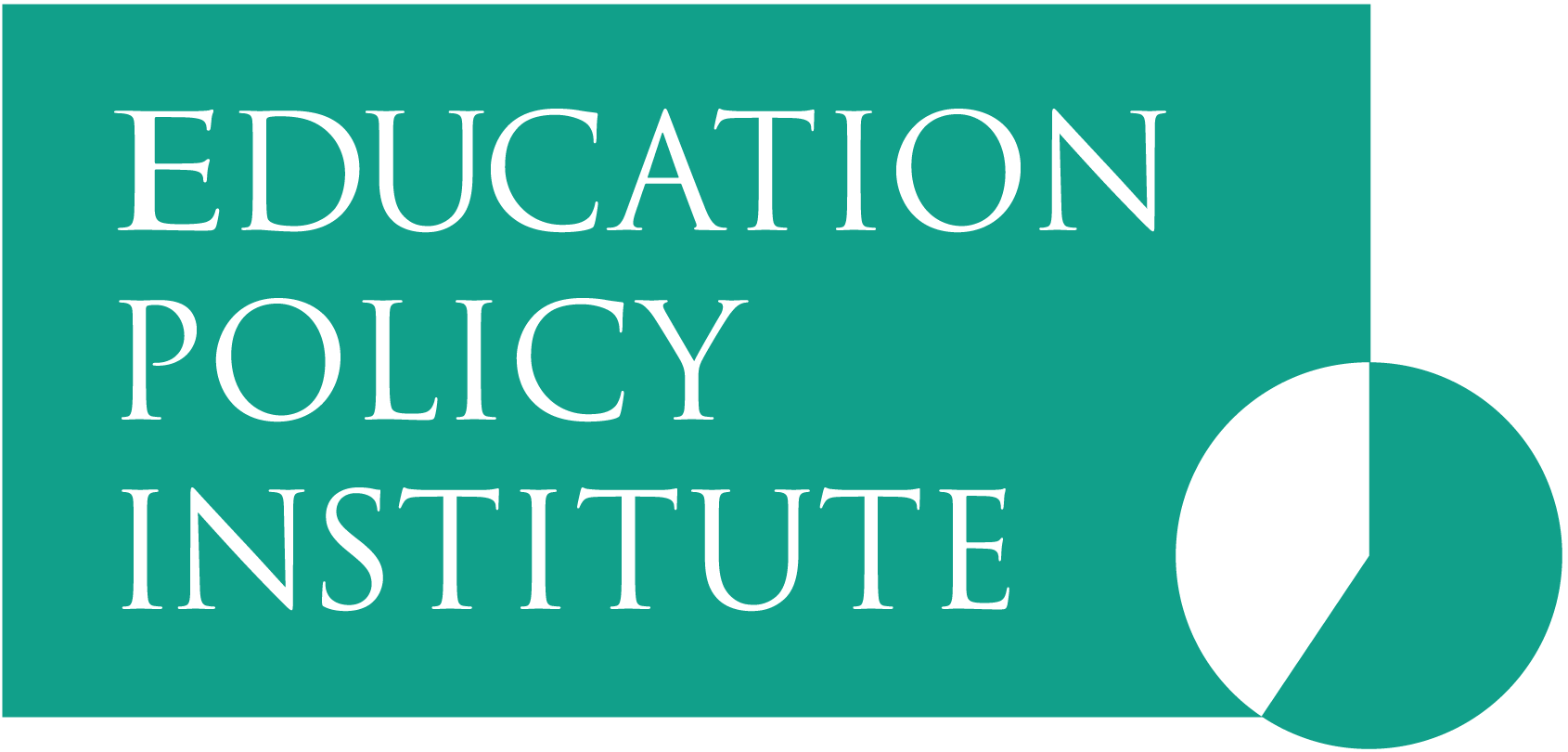At this year’s Labour Party Conference, the Education Policy Institute has partnered with Harper Collins UK to hold a public panel on: Developing a culture of reading: the impact of reading and language on life chances and wellbeing.
The evidence shows that reading for pleasure is associated with increases in reading attainment as well as many other benefits including writing ability, community participation, decision-making and better mental health in adolescence. The strongest predictor of reading growth from age 10 to age 16 is whether a child reads for pleasure. Similarly, oral language interventions, or oracy, such as targeted reading aloud and book discussions with children or the use of structured questioning to develop reading comprehension has also been shown to have a significant impact on attainment of six month’s additional progress.
Harper Collins have conducted their own research into the impact of reading for pleasure. Their most recent study which explored the impact of daily story-time in primary school revealed that the average gain in reading age for the pupils who took part over the term-long trial was twelve months. 91 per cent of the teachers who took part also reported an increase in discussion of books in the classroom, and a positive impact on wellbeing, with 65% of boys and 76% of girls agreeing that story time made them feel calm.
Labour has committed to fund evidence-based early-language interventions in primary schools, recognising the “serious knock-on consequences” when communication development is delayed. Indeed, children who struggle with language at age 5 are five times more likely to fail to reach the expected standard in English at the end of primary school. EPI research also shows that around 40% of the disadvantage gap at age 16 is already evident by age 5, with disadvantaged children being, on average almost 5 months behind their more affluent peers. That being said, reading levels are falling across the socioeconomic spectrum; the National Literacy Trust finds a 26% decrease in the number of children and young people aged 8 to 18 who read daily in their free time since 2005. The development of language and communication skills is therefore critical to closing the gap, increasing reading levels and supporting all children to thrive in school.
This panel will bring together politicians, school leaders and sector experts to discuss what role education policy play in supporting these language and communication interventions and embed a culture of reading in schools. Panellists will consider the benefits of reading for pleasure and other language interventions; what levers national policy might have to encourage the practise in early years settings and schools; and how Labour should roll out their plans to implement these interventions, embed a wider culture and ensure all children and families have access to their benefits.
We are delighted to be joined by Lee Newman, Harper Collins UK; Geoff Barton, Independent Commission on the Future of Oracy Education; Rob Biddulph, Children’s Author and Illustrator; Lord Knight, Former Minister of State for Schools and Rachel Davis, Little Sutton Primary School, James Zuccollo, EPI’s Director for School Workforce, will chair this panel.
** Note: This event will take place in the conference secure zone. To access the secure zone you will need to obtain a pass directly from the Labour Party.**









